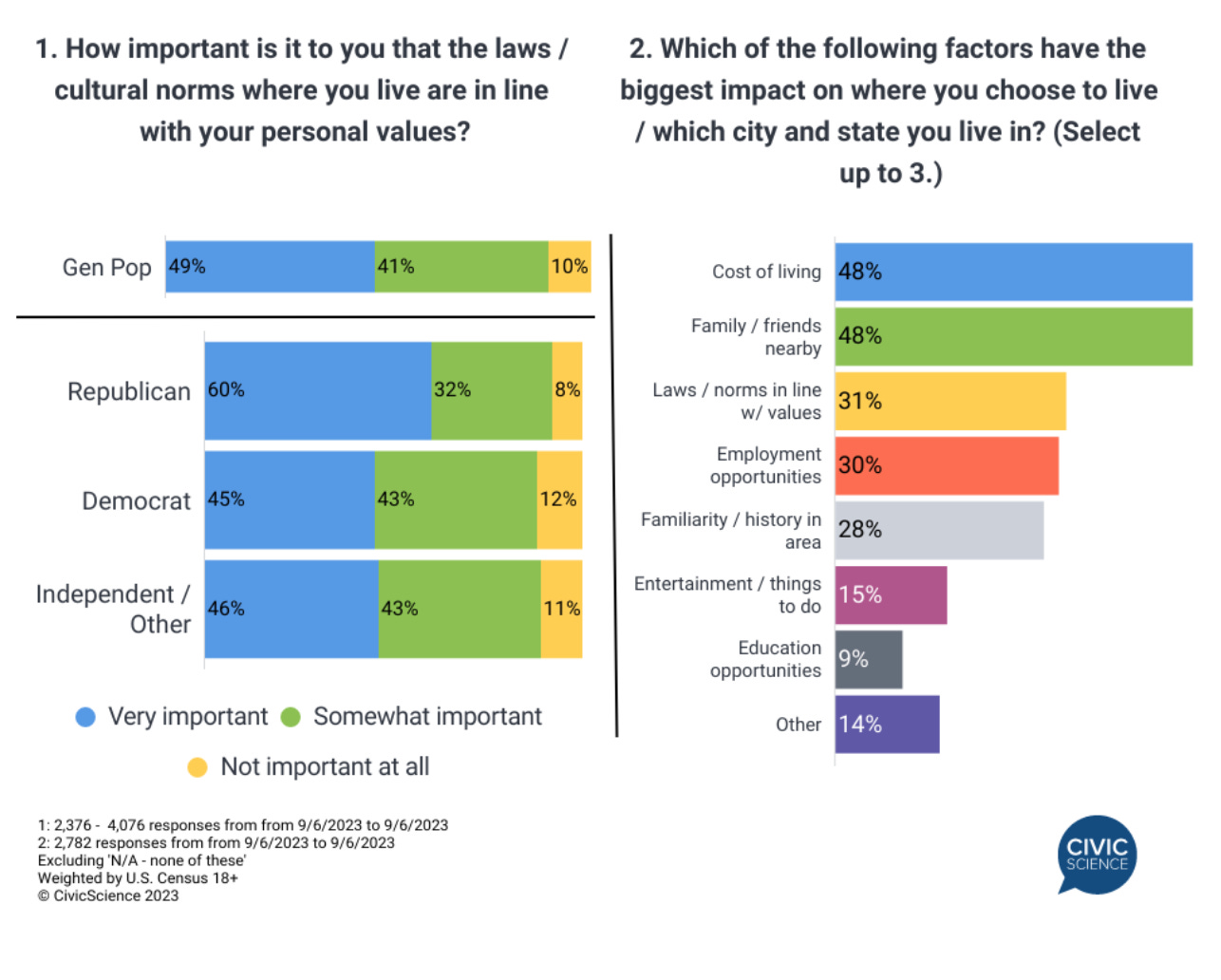That we’re living in fraught times is hardly a secret. Not enough people are focused on dialogue that might lead to better understanding between disparate factions, because we are all operating on the believe that our way is the right way. Somewhere along the line, particularly with the extreme factions that make up the far ends of every ideology, compromise became a dirty word. Our country has a long history of cycles of disagreements that led to conflict, but were ultimately resolved by cooler heads who more interested in fixing the problem than fixing the blame.
Comity is hard to find. We’re as mean to each other as we are suspicious. To stay this course means less listening, more yelling, more threats, more unrest, and sooner or later, a violent incident that the sane among us will all regret.
We’re a long way gone down the road we’re on, and I’m not sure we can find a way to bring ourselves together and heal, but I know it’s worth a try. It does not have to be this way.
I recently went to the monthly meeting of the Coronado Democratic Club, and was happy to see a few Republicans also in attendance. (The meetings are open to the public, and the club encourages everyone, regardless of politics, to come. Dates, times, topics, and speakers are always advertised in advance in this newspaper.) The programs are reliably interesting, and this one was no exception. The guest speaker, Marc Meyer, Director of Operations at the National Conflict Resolution Center, had some practical advice for anyone who wants to turn the temperature down, and re-engage in meaningful conversation that yields actionable results.
As if to prove his point about the effectiveness of two-way communication, Marc, a Democrat, brought his Republican father to the meeting. I considered it an act of faith.
San Diego spawned the internationally recognized conflict resolution organization. From the website NCRConline.com, we learn that “The National Conflict Resolution Center was founded in 1983 by the University of San Diego Law Center and the San Diego County Bar Association. With 40 years of experience and over 20,000 cases managed, NCRC is recognized as an international leader in mediation instruction and conflict resolution.”
Here are their 10 Tips For Managing Conflict:
1. Try to be thoughtful, rather than trying to prove you’re right.
2. Acknowledge that you have a right to your feelings and that it is okay for you to be upset. By doing so, you’ll be able to move through your own emotions better. Then, you’ll be able to accept the other person’s reactions.
3. Let go of believing that you own the only truth about the situation.
4. Recognize that ignoring or attacking the other person rarely gets you what you need.
5. Do what you can to really listen to the other person. As much as possible, show genuine curiosity about what led them to their opinion of the situation.
6. Ask yourself: how can I say what I want to tell them in a way that they can hear it?
7. Know this: Almost all conflicts have their basis in an underlying need not being met (respect, acknowledgement, acceptance, fairness, etc.). The more you can communicate your needs, instead of your complaints, the better off you will be.
8. Take time before you talk. It is hard to communicate clearly when one is angry.
9. Don’t be afraid to acknowledge responsibility for any mistakes you might have made. Also, acknowledge what the other person is right about. These gestures go a long way to build momentum in moving forward.
10. No matter what you are doing to de-escalate the situation and no matter what the other person may be doing to escalate it, always come from a place of respect, understanding, and humility.
The stakes are high. We don’t have anything to lose by trying, and we have so very much to lose if we don’t.
And to be clear, none of this is to say that you should ignore threats to life, property, or our democracy. We still have to know the difference between right and wrong, and we don’t have sit quietly by when evil presents itself as good, when hate and degradation present themselves as holiness or Godliness, or when authoritarians try to steal our rights to a pluralistic, open society with a free press and the right to assemble and protest peacefully.
It just means we have to try harder to listen and speak respectfully.
Does any of this mean that I will stop being snarky? No. That’s a stylistic choice I make in my effort to inform, persuade, and entertain. But it does mean that I’m listening to deeply held, opposing views more carefully.
©2024 Jon Sinton


So well said, TY!